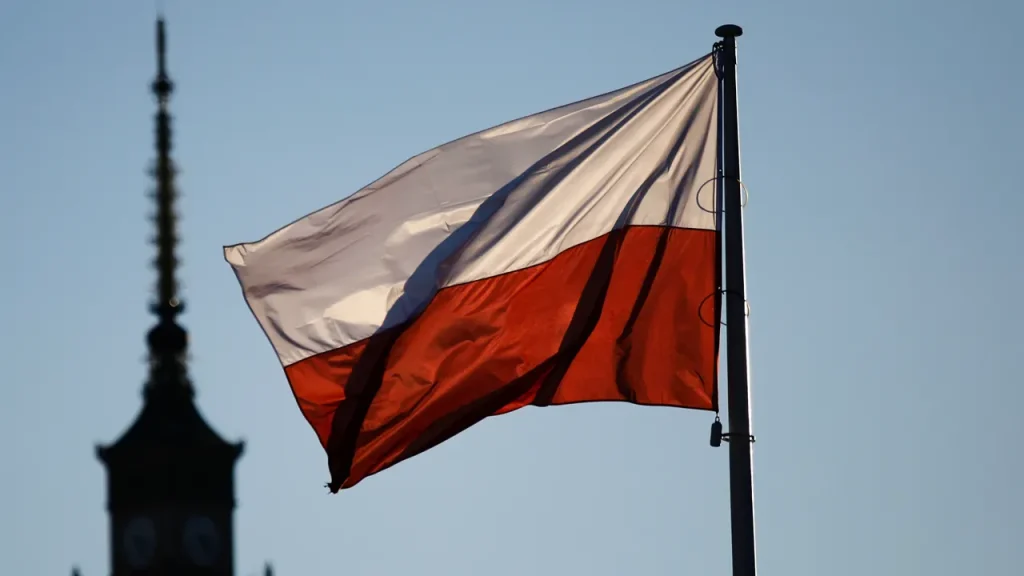Poland has dismissed Lt. Gen. Jarosław R. Gromadziński, the Polish commander of the European rapid reaction military unit, the Eurocorps, amid a military counterintelligence investigation involving him. The Polish Defense Ministry launched an investigation into Gromadziński’s security clearance after new information was revealed. Gromadziński was ordered to return from the Eurocorps’ headquarters in Strasbourg, France, and a replacement will be appointed immediately. The Eurocorps was founded in 1992 by Germany and France to support various European Union and NATO missions, with six framework nations and five associate nations.
The Eurocorps, which includes Belgium, Spain, Luxembourg, and Poland as framework nations, has served on stabilization and security missions in the Balkans and in Afghanistan, as well as on training missions in Africa. The dismissal of Gromadziński has raised concerns about the impact on the Eurocorps’ operations and leadership structure, as he was serving as the Polish commander of the unit. The reasons for Gromadziński’s dismissal were not provided in the Defense Ministry statement, and he was not available for comment. Poland’s decision to remove Gromadziński from his position comes as a surprise and highlights the seriousness of the investigation into his security clearance.
The Eurocorps is an important military unit that plays a key role in supporting EU and NATO missions, as well as training missions in various regions. The corps has been involved in a number of high-profile missions in conflict zones, and its leadership structure is crucial to its functioning. The dismissal of Gromadziński raises questions about the implications for the Eurocorps’ operations and effectiveness, as well as the potential impact on Poland’s role within the unit. The decision to remove Gromadziński from his position underscores the importance of maintaining high standards of security within the Eurocorps.
The investigation into Gromadziński’s security clearance and subsequent dismissal have led to speculation about the nature of the new information that was revealed. The lack of details provided in the Defense Ministry statement has fueled rumors and uncertainty about the reasons behind Gromadziński’s removal from his position. The timing of the investigation and dismissal have also raised questions about the potential impact on Poland’s reputation within the Eurocorps and broader military community. It remains to be seen how Poland will address the leadership vacuum created by Gromadziński’s dismissal and whether a replacement will be able to seamlessly integrate into the Eurocorps’ operations.
The Eurocorps’ mission is to support EU and NATO missions, as well as training missions in various regions, and its leadership structure is critical to its success. The dismissal of Gromadziński has put the Eurocorps in a challenging position, as it will need to quickly appoint a replacement to maintain continuity and effectiveness. The reasons behind Gromadziński’s removal have not been disclosed, creating uncertainty and speculation about the nature of the investigation into his security clearance. Poland’s decision to dismiss Gromadziński highlights the importance of maintaining high standards of security within the Eurocorps and the broader military community. It is crucial for Poland and the Eurocorps to address the leadership vacuum created by Gromadziński’s dismissal and ensure that operations continue smoothly.


